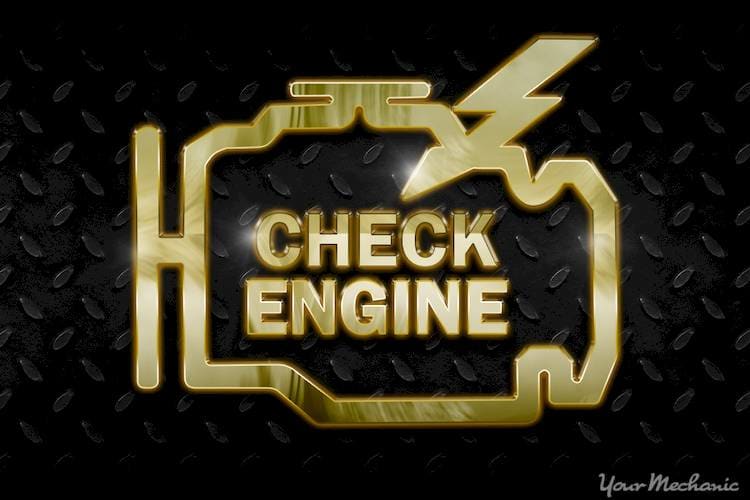P2023 code definition
The P2023 trouble code notes an issue with the intake manifold runner control circuit in bank 2.
What the P2023 code means
The P2023 code is a generic OBD-II trouble code that detects an error with the intake manifold runner control circuit in bank 2, which is the bank that houses the number 2 cylinder. The powertrain control module (PCM) monitors the position of the intake manifold runner flaps by relying on voltage signals from the mass airflow sensor and barometric pressure sensor. If the PCM receives voltage readings that suggest the runner flaps are in an incorrect position, then the P2023 code may be triggered. The code can also be stored due to an abnormal voltage reading from the intake manifold runner control solenoid.
What causes the P2023 code?
Possible causes for the P2023 trouble code include:
- Faulty intake manifold runner control solenoid
- Carbon contamination on the manifold runner flaps (which may keep them from fully opening or closing)
- Defective mass airflow sensor
- Malfunctioning barometric pressure sensor
- Damaged electrical components, such as wires, connectors, fuses, and circuits
- Damaged or disconnected vacuum lines and hoses in the intake manifold system
- In rare cases, faulty PCM
What are the symptoms of the P2023 code?
The P2023 trouble code will likely be accompanied by check engine soon Warning Light lighting up on the gauge cluster. There may also be mild engine performance issues, such as engine surging, lessened low-end torque, and a rough idle.
How does a mechanic diagnose the P2023 code?
The P2023 code will be diagnosed using a standard OBD-II trouble code scanner. A trained mechanic will view the freeze frame data and assess the P2023 code, while also checking to see if there are any additional trouble codes detected. If multiple trouble codes have been detected, then they should be addressed in the order in which the scanner displays them. Next, the mechanic will reset the trouble codes, restart the vehicle, and check to see if the P2023 code is still present. If it is not, then an erroneous trigger, or an intermittent error is to blame.
If the code remains detected, then the mechanic will begin by visually inspecting the electrical components. Any blown fuses, short wires, or open or corroded connectors should be replaced. The vacuum lines and hoses can also be visually inspected.
Next, the technician will test the manifold runner flaps. This can be done by operating the intake manifold runners, via the OBD-II code scanner. While the runners are activated, the mechanic can visually check to see if they are opening and closing properly. If they are not, then the voltage and ground signal of the intake manifold runner control solenoid should be checked. Malfunctioning solenoids should be replaced, but if the solenoid is operating normally, then carbon buildups on the runner flaps is the likely culprit. After these inspections, the mass airflow and barometric pressure sensors will require inspection.
Any time that a component is replaced, the mechanic will pause the inspection, and once again reset the trouble codes, restart the vehicle, and check for the presence of the P2023 code. This will allow the mechanic to know the exact moment when the issue is resolved.
Common mistakes when diagnosing the P2023 code
The most frequently made error when diagnosing the P2023 code comes from failing to properly follow the OBD-II diagnosis protocol. It is imperative that the protocol by complied with at all times, as this ensures that diagnoses and repairs are thorough and efficient.
It is fairly common for intake manifold runner control solenoids to be erroneously replaced when the runner flaps were the actual issue.
How serious is the P2023 code?
A vehicle with a detected P2023 trouble code will almost always be drivable, though there may be some detectable drivability issues. However, if the code is not addressed, severe damage can be done to the engine, so it is very important that an inspection is scheduled as soon as the P2023 code is detected.
What repairs can fix the P2023 code?
Some repairs for the P2023 code are:
It is very uncommon for a defective PCM to be the cause of the P2023 trouble code. All potential causes should be inspected before PCM failure is considered. If the PCM does require replacement, it will also need to be reprogrammed.
Need help with a P2023 code?
YourMechanic offers certified mobile mechanics who will come to your home or office to diagnose and repair your vehicle. Get a quote and book an appointment online or speak to a service advisor at 1-800-701-6230.
OBD-II
trouble codes
P2023





